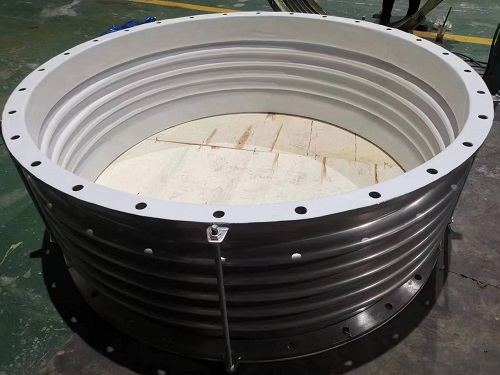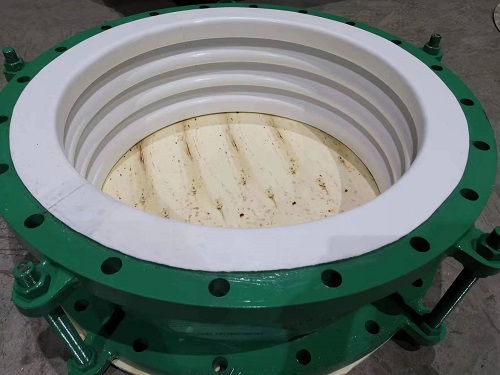| Products List | ||
| Online Service | ||
|
||
|
||
|
||
| Social Network Site | ||
| Advantages and Disadvantages of PTFE Expansion Joints |
|
Abstract: This report examines the advantages and disadvantages of PTFE (Polytetrafluoroethylene) expansion joints, commonly known as PTFE compensators. These specialized components are extensively used in various industrial applications to absorb thermal expansion, vibrations, and misalignments in piping systems. Understanding the pros and cons of PTFE expansion joints is essential for engineers and decision-makers when selecting the most suitable compensator for their specific projects.
2.1. Exceptional Chemical Resistance: One of the most significant advantages of PTFE expansion joints is their exceptional resistance to various chemicals, acids, and corrosive substances. This property ensures the longevity and reliability of the joints, making them suitable for applications in aggressive environments. 2.2. High Temperature Tolerance: PTFE has a high melting point, typically around 327°C (621°F), allowing the expansion joints to withstand extreme temperatures without losing their mechanical properties. This characteristic makes PTFE compensators ideal for use in high-temperature industrial processes. 2.3. Low Friction Coefficient: PTFE possesses a low coefficient of friction, enabling smooth movements and reducing internal stress during thermal expansion and contraction. The reduced frictional forces result in enhanced performance and increased service life of the expansion joints. 2.4. Excellent Insulating Properties: PTFE is an excellent electrical insulator, making PTFE expansion joints suitable for applications where electrical conductivity could pose a safety risk or interfere with the process. 2.5. Lightweight and Flexible: PTFE expansion joints are lightweight and highly flexible, which simplifies installation and minimizes the overall weight of the piping system. This characteristic is particularly advantageous in applications where weight restrictions or ease of installation are crucial factors.
3.1. Limited Pressure and Vacuum Resistance: Compared to some other materials used for expansion joints, PTFE has limitations in terms of pressure and vacuum resistance. In high-pressure or vacuum applications, PTFE compensators may require additional reinforcement or be unsuitable altogether. 3.2. Susceptibility to Cold Flow: PTFE materials are susceptible to cold flow, which refers to the deformation or creeping under continuous load over time. This phenomenon can lead to dimensional changes and potential performance issues in the long term. 3.3. High Cost: PTFE expansion joints tend to be more expensive than some alternative materials. The higher production cost of PTFE and its specialized manufacturing process contribute to the elevated price of these compensators. 3.4. Limited Temperature Range: While PTFE expansion joints exhibit excellent high-temperature resistance, they may have limitations at extremely low temperatures, with the material becoming brittle and prone to cracking.
|


